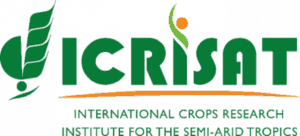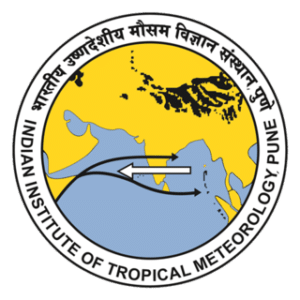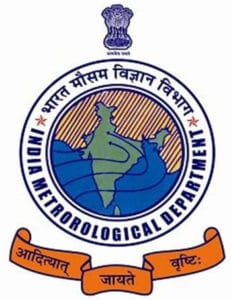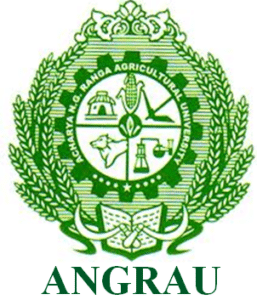2019 Finalist
Climate information services to manage climate risk
India
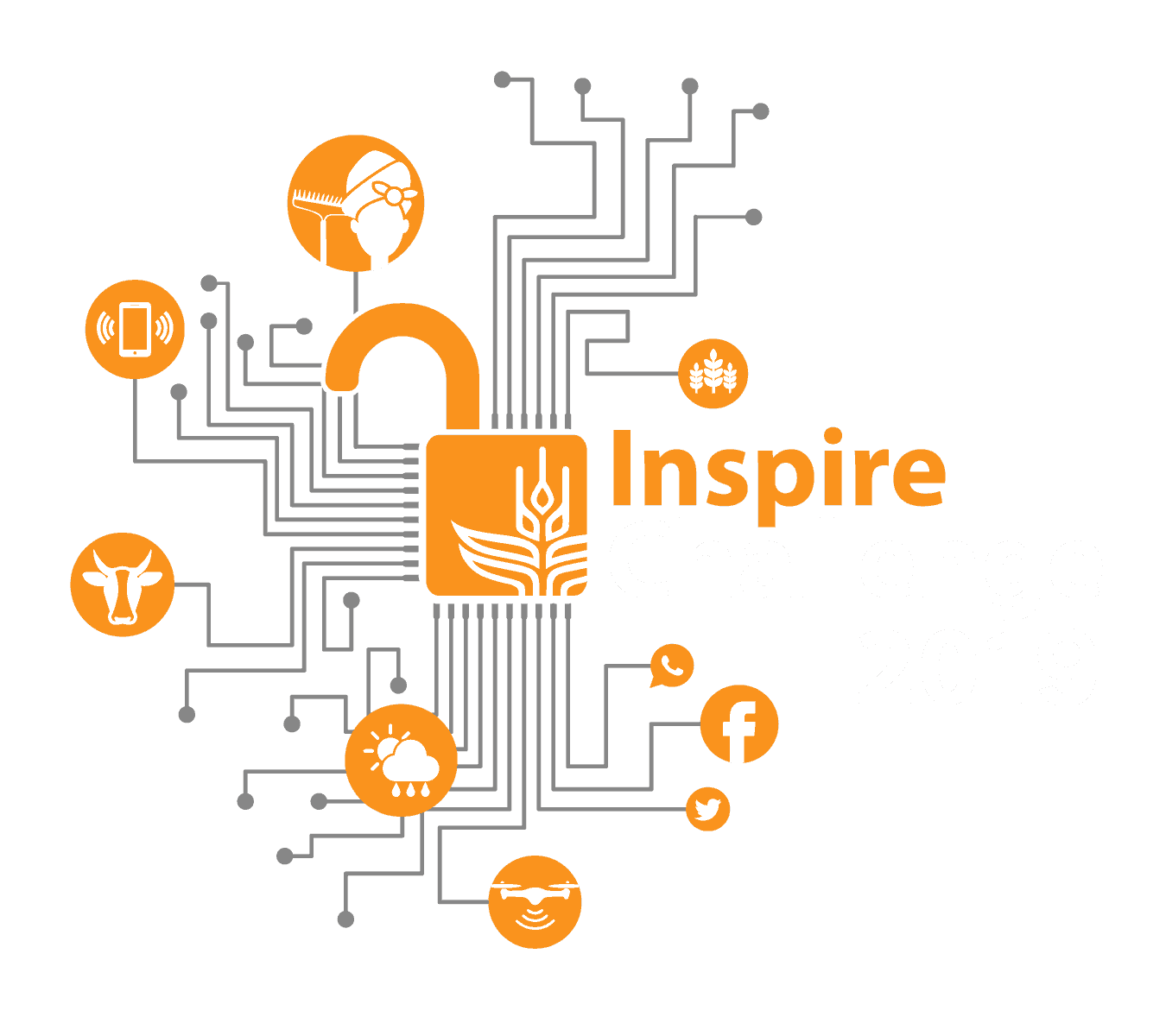
Climate information services to manage climate risk proposes to design and deploy an automated messaging system for smallholder farmers and extension workers in India to deliver real-time, location-specific and crop-based agro-advisories using machine learning for managing climate risk. The training data will be built through data aggregation and crowd sourced through game-based simulators from agro-meteorologists for various weather scenarios. An ensemble of AI and big data algorithms will then be developed to operationalize the system at scale.
Climate information services for farmers currently deliver only fragmented and generic information with rainfall forecast not specific to their location and crop management recommendations mostly generalized for all soils and seasons. Smallholder farming productivity and profitability could improve substantially if these services could deliver real-time, location-specific and crop-based agro-advisories before the start and during the main crop season.
The project proposes to design and deploy an automated messaging system that would do just that, using scalable methodologies for managing climate risk. The initiative builds on a proof of concept (the Intelligent Systems Advisory Tool, iSAT) deployed by ICRISAT in collaboration with Microsoft and ANGRAU for the drought prone groundnut region of Anantapur district, Andhra Pradesh, India from 2016 to 2018. iSAT generated advisories considering the seasonal, medium- and short- range forecasts and observed weather data as inputs, and delivered advisories in vernacular to farmers through SMS. Beneficiaries surveys indicated the relevance, usefulness and economic value of these advisories.
The project seeks to upscale this approach to nearly thirty districts in India (about 300,000 farmers) by building on the valuable lessons learnt with iSat on automation approaches (such as decision trees). The team proposes to engage seven of the country’s 130 Agri-Met Field Units (AMFUs) currently providing agro-met advisories to thirty districts, and aggregate ICRISAT weather, soil and other publicly available datasets for these districts. The team will develop decision trees and an ensemble of AI methods to either fully or partially automate the process of generating real-time, location-specific, crop-based advisories through supervised machine learning.
Partners
The Inspire Challenge is an initiative to challenge partners, universities, and others to use CGIAR data to create innovative pilot projects that will scale. We look for novel approaches that democratize data-driven insights to inform local, national, regional, and global policies and applications in agriculture and food security in real time; helping people–especially smallholder farmers and producers–to lead happier and healthier lives.

